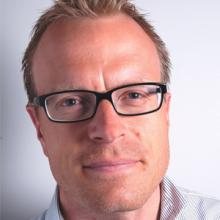About this video
Dr Bondestam explains that gender-based harassment is the most common form of harassment in academia. Sexual harassment occurs within all disciplines and is reported by all groups (students, doctoral students and staff). He shows how the essential five elements of prevention can be combined to ensure impact. These elements include: policy, education and training, complaint handling and support structures, bystander behaviour, and organisations and leadership. The review of the international research field gives a picture of efforts to prevent sexual harassment as primarily a bureaucratic and legal exercise, with little or no evidence of the significance of these efforts for individual victims of sexual harassment


